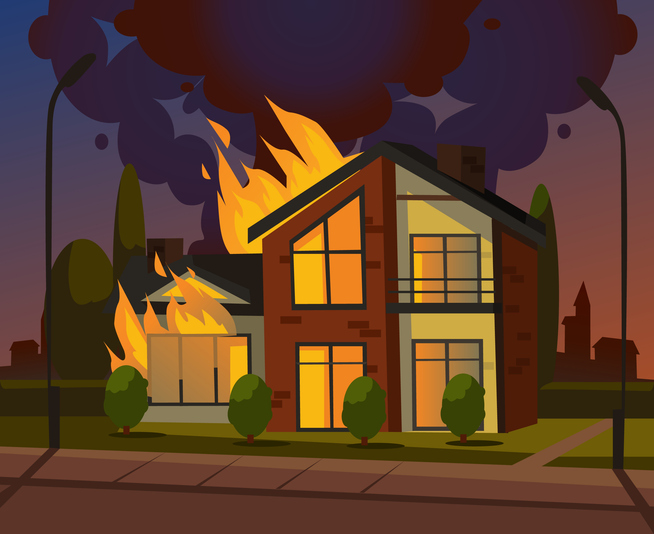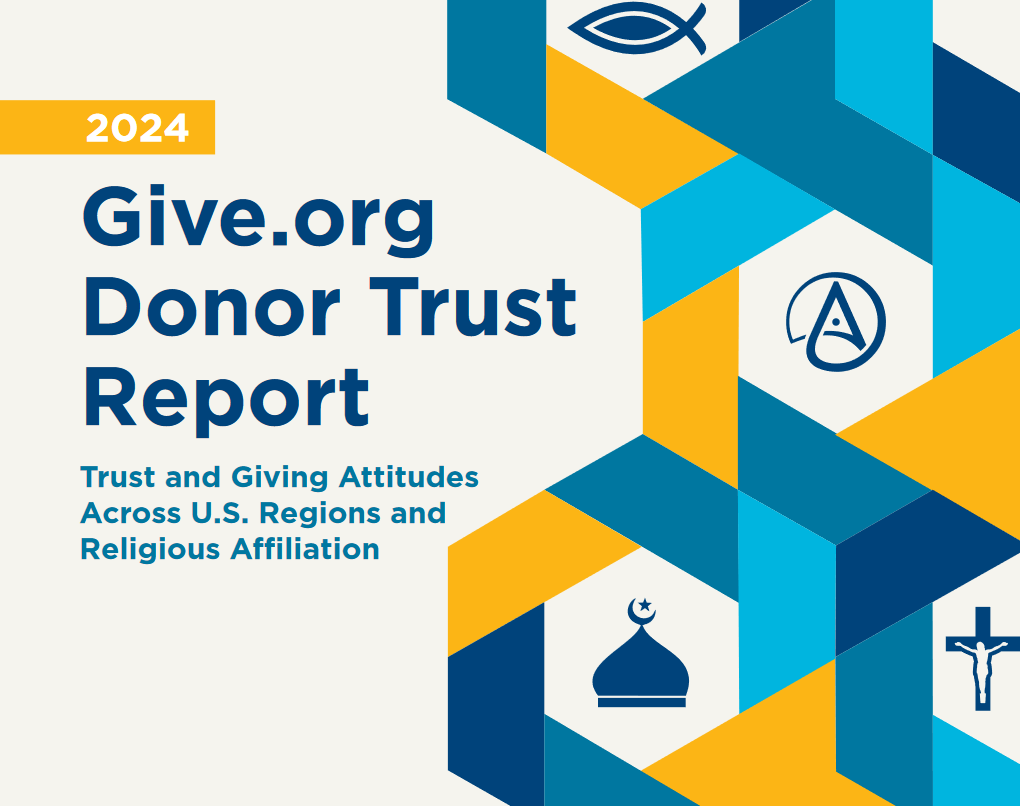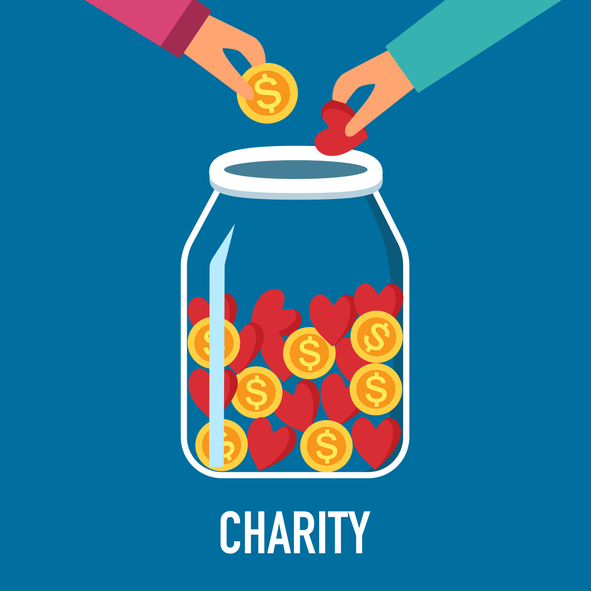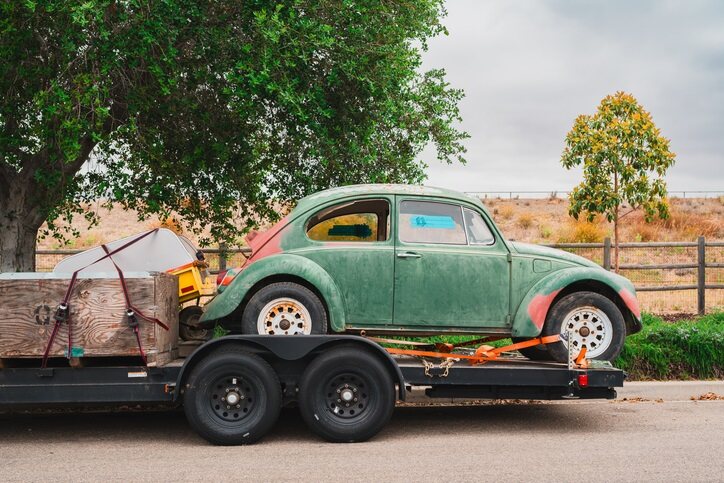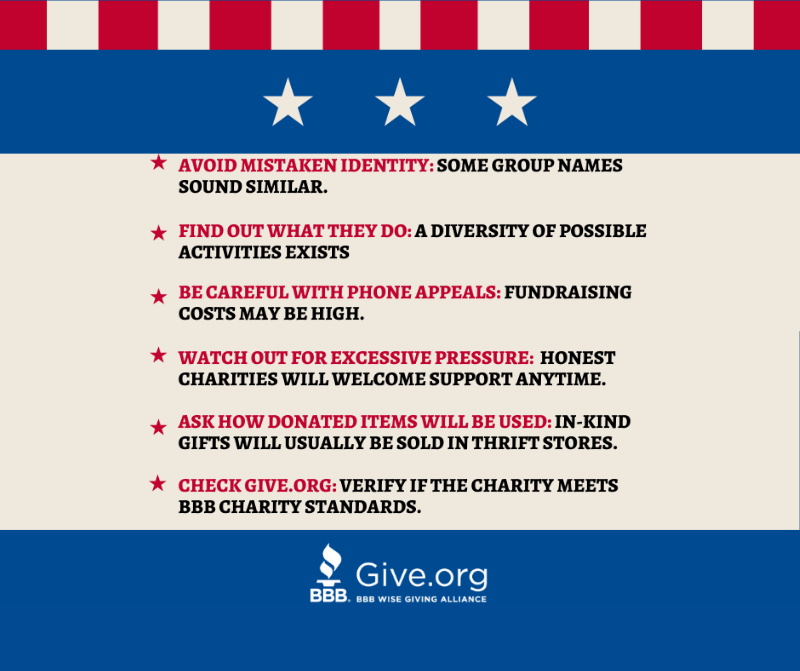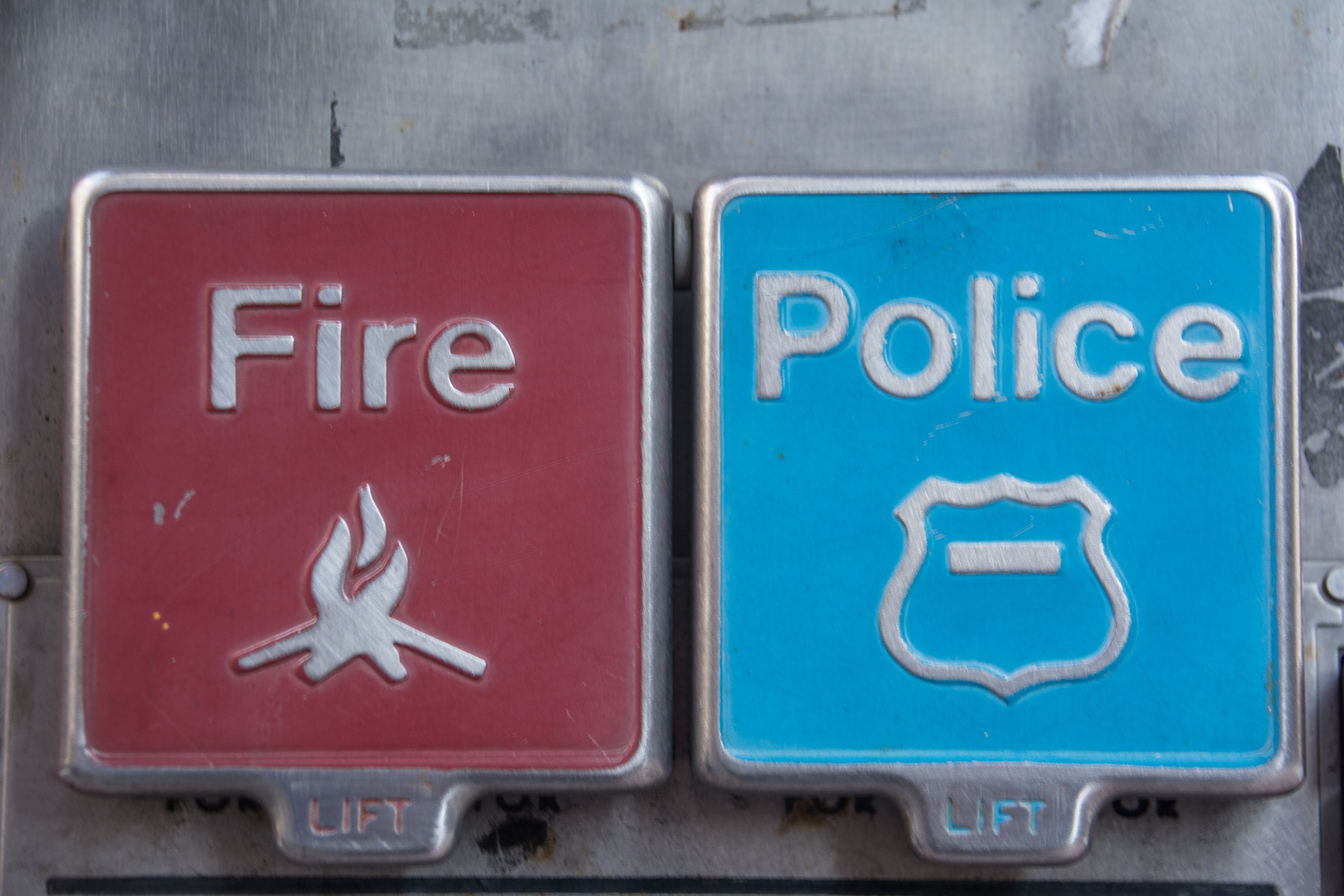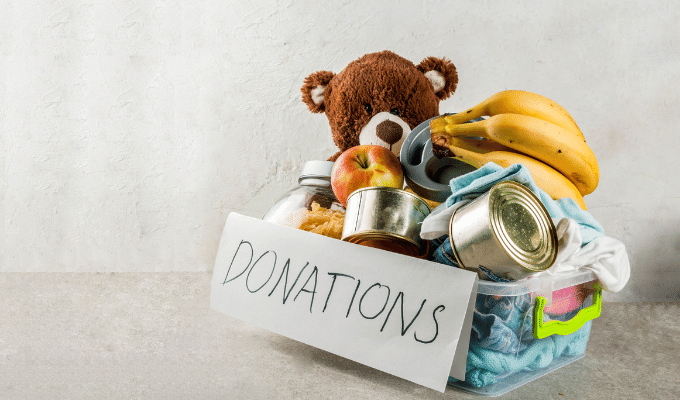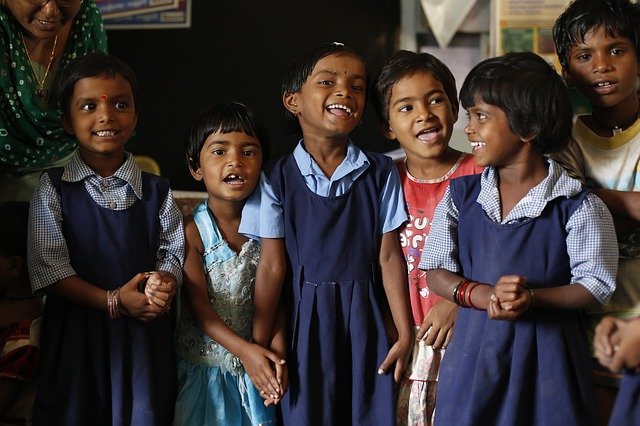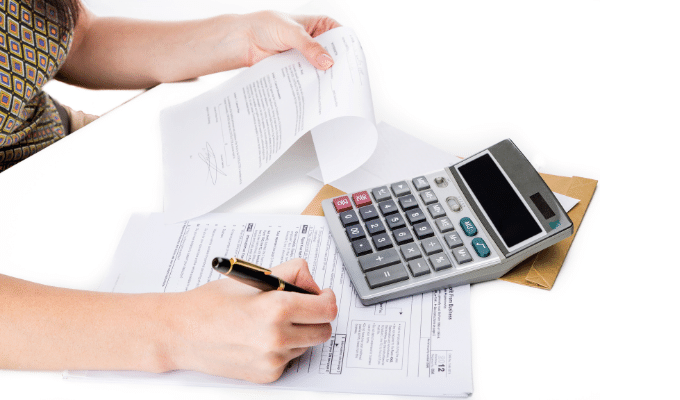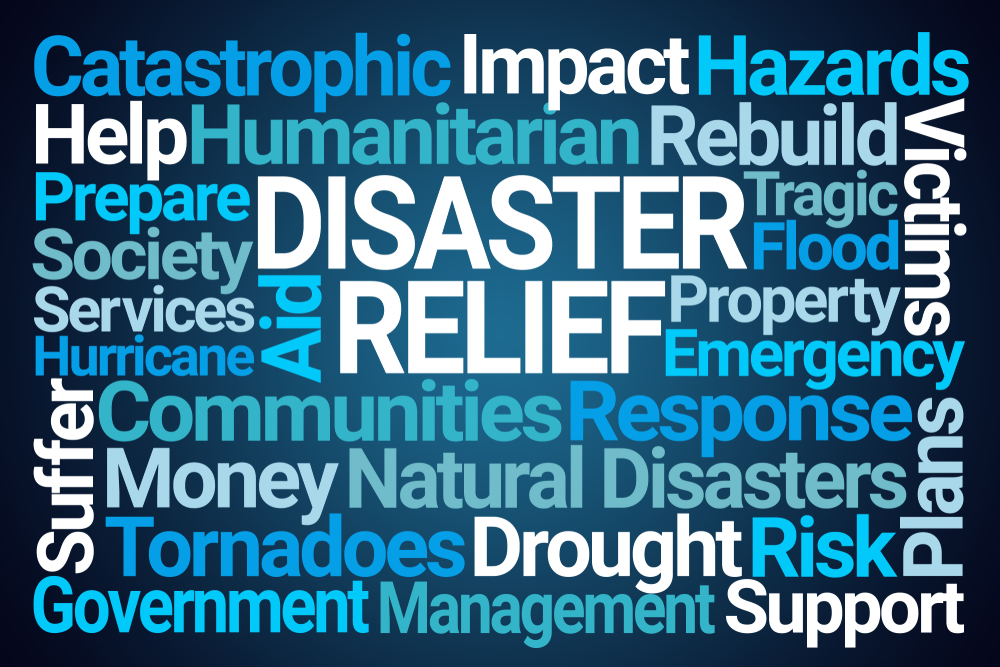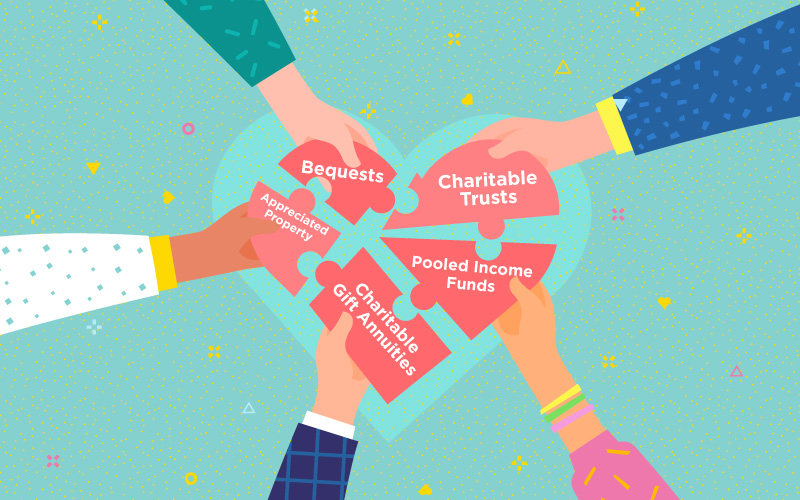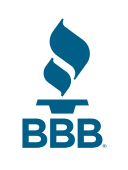Wise Giving Wednesday: Donation Tips for West Virginia Floods
Arlington, VA – With nearly two dozen dead and more than 1,200 homes destroyed, the floods in West Virginia are among the most deadly ever to hit the United States. As always with a natural disaster, generous individuals are looking for ways to help the injured and those who have lost their homes. BBB Wise Giving Alliance, however, advises donors to be wary of questionable solicitations and to avoid donating to poorly managed relief efforts.
“Many people want to help in any way they can,” said Frank Cilona, president and CEO of BBB Serving Canton Region and Greater West Virginia. “Unfortunately, scam artists also strike during these tragedies. Please check with BBB before donating to causes that claim they are helping the victims of West Virginia.”
“Everyone would like their donations to go where they can do the most good,” said H. Art Taylor, president and CEO of BBB Wise Giving Alliance (BBB WGA). “To make sure your gifts go to those who need them most, donors need to follow some key rules about supporting disaster relief.”
BBB WGA suggests that before you choose a charity to give to, read its Disaster Relief Donations tips (below) and remember to check out the charity on Give.org. BBB WGA has a list of nationally soliciting charities that have been accredited by BBB WGA (i.e., meet all 20 BBB Standard for Charity Accountability), and indicate that they are collecting contributions to assist West Virginia relief efforts. The list, which will be updated as more charities join the efforts, is available at bbb.org/WVfloods. BBB Wise Giving Alliance offers donors these tips for disaster relief giving:
Be cautious when giving online. Be cautious about spam messages and emails that claim to link to a relief organization. If you want to give to a charity involved in relief efforts, go directly to the charity’s website.
Understand crowdfunding. Keep in mind that some crowdfunding sites do very little vetting of individuals who decide to post for assistance after a disaster, and it is often difficult for donors to verify trustworthiness of crowdfunding requests for support. In contrast, some of the crowdfunding sites run by charitable organizations, such as GlobalGiving.org, have a defined verification procedure.
Rely on expert opinion when it comes to evaluating a charity. Be cautious when relying on third-party recommendations such as bloggers or other websites, as they may not have fully researched the relief organizations they list. The public can go to Give.org to research relief organizations and other charities to verify that they are accredited by the BBB which means they meet the 20 BBB Standards for Charity Accountability.
Be wary of claims that 100 percent of donations will assist relief victims. Despite what an organization might claim, charities have fund raising and administrative costs. Even a credit card donation will involve, at a minimum, a processing fee. If a charity claims 100 percent of collected funds will be assisting disaster victims, the truth is that the organization is still probably incurring fund raising and administrative expenses. It may use some of its other funds to pay these costs, but the expenses will still be incurred.
Find out if the charity has an on-the-ground presence in the impacted areas. Unless the charity already has staff in the affected areas, it may be difficult to bring in new aid workers to provide assistance quickly. See if the charity’s website clearly describes what the charity can do to address immediate needs.
Find out if the charity is providing direct aid or raising money for other groups. Some charities may be raising money to pass along to relief organizations. If so, you may want to consider “avoiding the middleman” and giving directly to those that have a presence in the region. Or, at a minimum, check out the ultimate recipients of these donations to see whether they are equipped to provide aid effectively.
Gifts of clothing, food or other in-kind donations. In-kind drives for food and clothing, while well intentioned, may not necessarily be the quickest way to help those in need – unless the organization has the staff and infrastructure to distribute such aid properly. Ask the charity about its transportation and distribution plans. Be wary of those who are not experienced in disaster relief assistance.
West Virginia Secretary of State Natalie E. Tennant has issued a similar warning about emergency giving and asks anyone who comes across a potentially fraudulent charity to contact the Investigations Office at 304-558-6000.
ABOUT BBB WGA:
BBB Wise Giving Alliance (BBB WGA) is a standards-based charity evaluator that seeks to verify the trustworthiness of nationally-soliciting charities by completing rigorous evaluations based on 20 holistic standards that address charity governance, results reporting, finances, fundraising, appeal accuracy and other issues. National charity reports are produced by the BBB WGA and local charity reports are produced by local Better Business Bureaus – all reports are available at Give.org.
ABOUT BBB:
For more than 100 years, Better Business Bureau has been helping people find businesses, brands and charities they can trust. In 2015, people turned to BBB more than 172 million times for BBB Business Reviews on more than 5.3 million businesses and Charity Reports on 11,000 charities, all available for free at bbb.org. The Council of Better Business Bureaus is the umbrella organization for the local, independent BBBs in the United States, Canada and Mexico, as well as home to its national and international programs on dispute resolution, advertising review, and industry self-regulation.


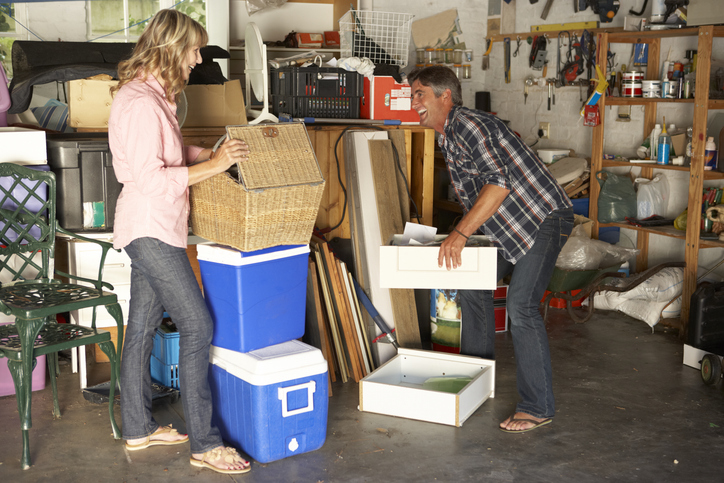
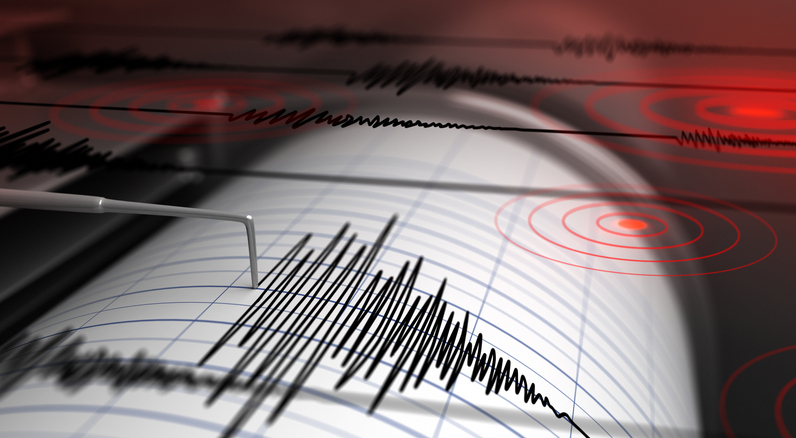
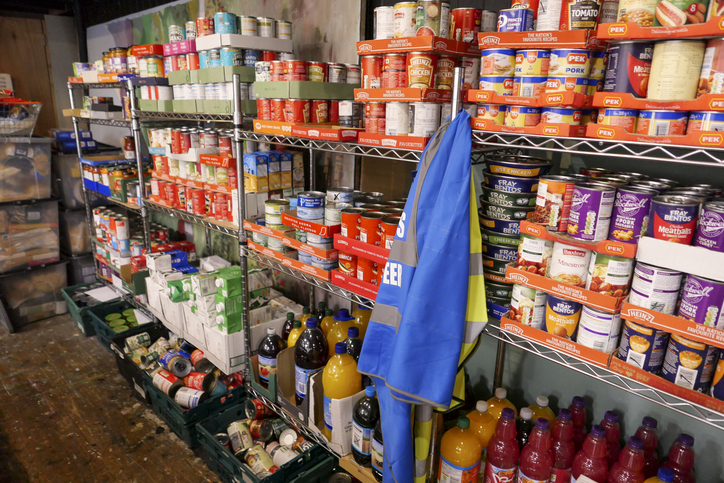


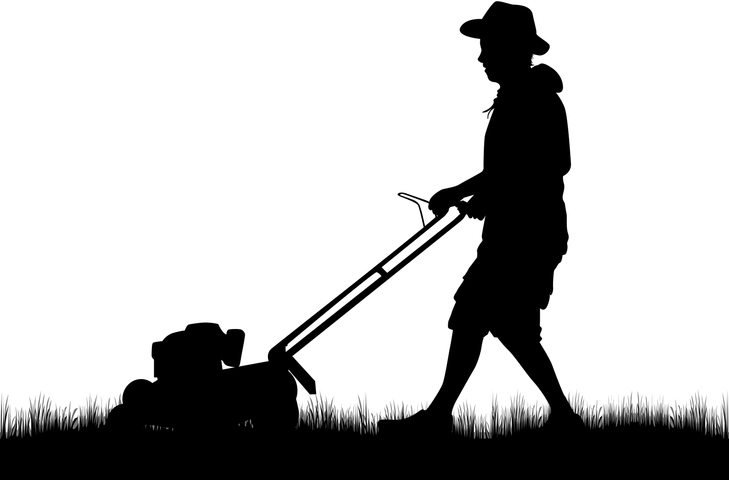
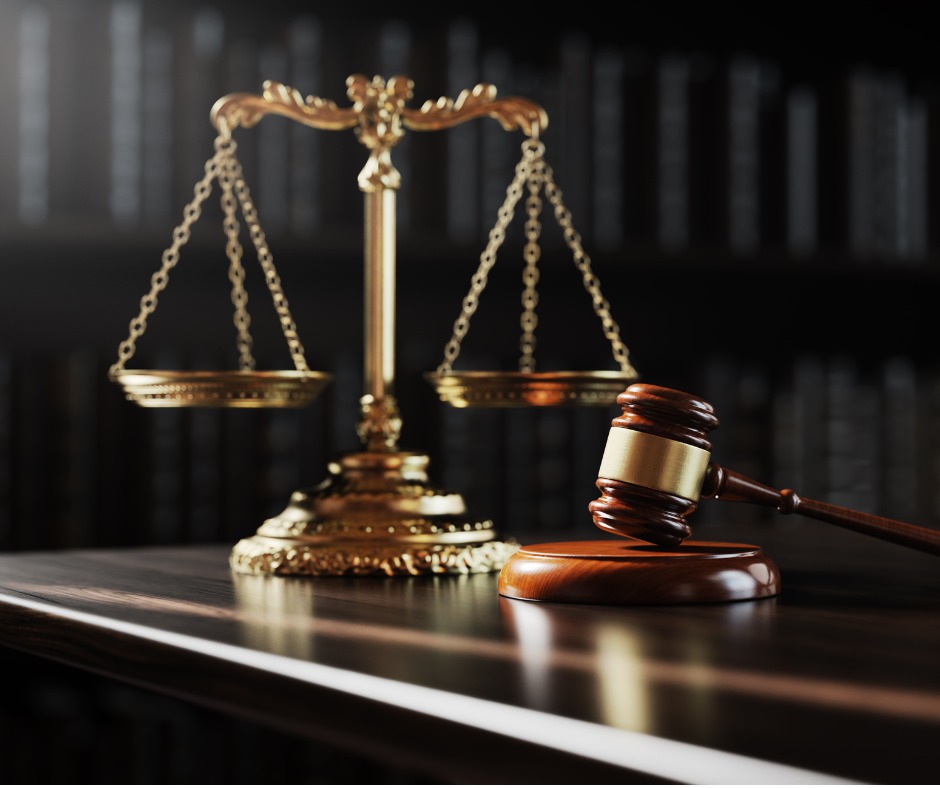
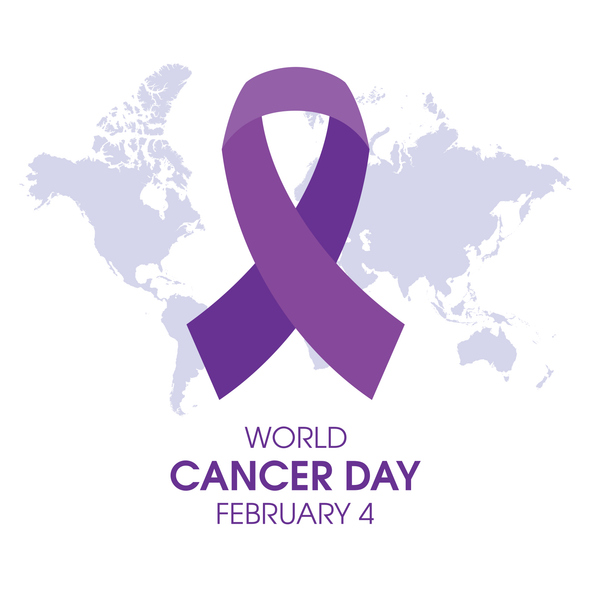
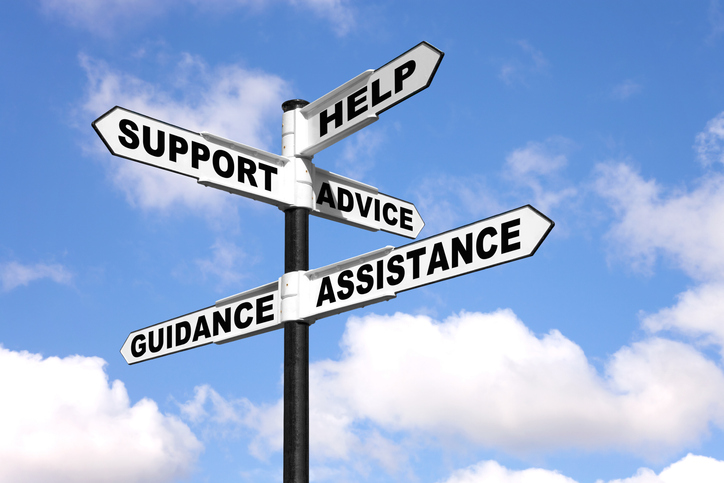

.jpg?sfvrsn=8073f1a5_0)
